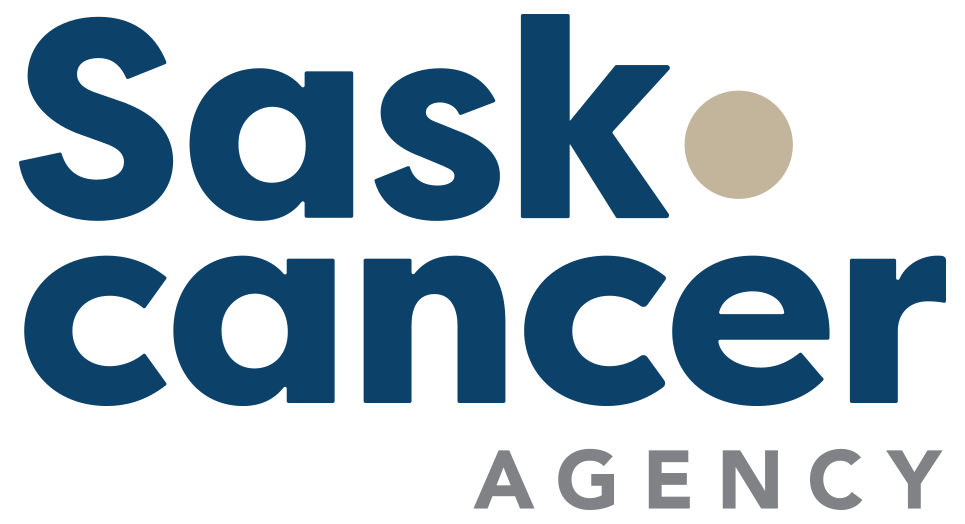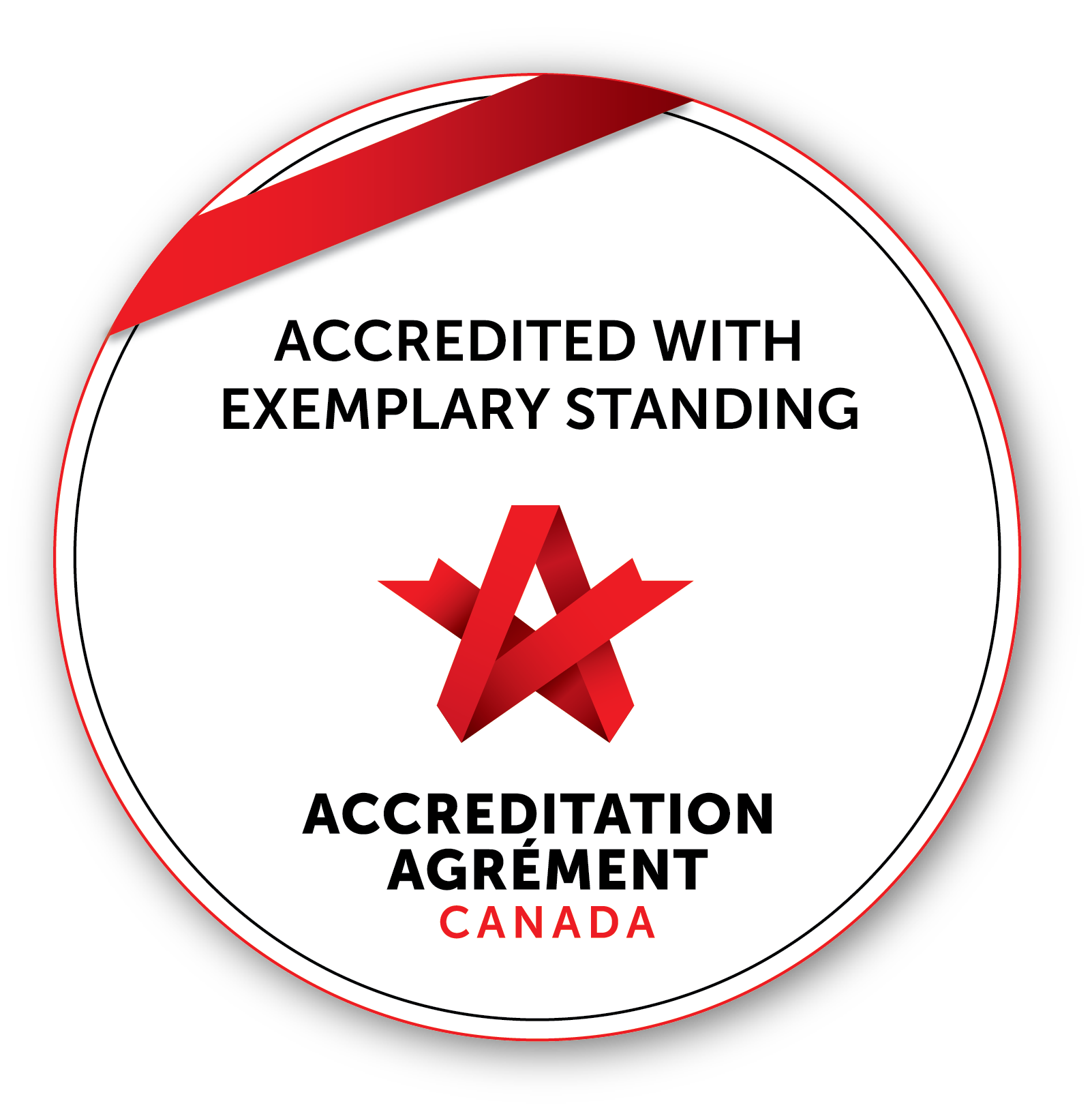Frequently Asked Questions
What is cancer?
Cancer is not a single disease. In fact, cancer is a family of more than 100 different diseases. These different kinds of cancer are usually named according to the part of the body where they first develop. Cancer develops when certain cells in your body begin to grow out of control. These abnormal cells sometimes form a mass or lump called a tumour. But not all tumours are cancer.
Benign (be-NINE) tumours do not spread to other parts of the body and are not cancer.
Malignant (ma-LIG-nant) tumours are cancer and can spread to other parts of the body. Cancer spreads when cells break away from the tumour and travel to other parts of your body.
In some types of cancer, such as leukemia, these cells start to grow in many places at the same time. When cancer cells spread, it is called metastasis (me-TA-sta-sis). It happens through the blood system or through the lymphatic system. Wherever cancer cells grow and spread, they can prevent healthy cells and organs from doing their jobs. As a result, your body can not work like it should and you get sick.
What are the types of cancer?
Carcinomas (car-sin-NO-ma) are the most common types of cancer. They start in an organ such as a lung, breast, prostate, bowel, or ovary.
Sarcomas (sar-KO-ma) are cancers that start in the muscles, bones, and tissues that connect different parts of the body.
Leukemias (lu-KEY-mee-ya), or blood cancers, are cancers of the white blood cells.
Lymphomas (lim-FO-ma) are cancers of the lymphatic system, a series of vessels that carry lymph to different parts of the body. Lymph is a watery fluid that contains cells that fight infection and disease.
How do people get cancer?
The exact cause of most cancers is unknown. Cancer has many different causes. It may be caused by exposure to tobacco smoke or other poisons, ultraviolet rays from sunlight, or the things we eat.
Cancer can affect people who look after themselves and otherwise are very healthy. A person's ethnic origin can also be a factor in getting some types of cancer. Cancer may run in families because we pass on risks for different types of cancer through our genes. However, you cannot catch cancer from someone else. It is not contagious.
Over the past few decades, a lot of progress has been made in understanding cancer better. Many advances have been made in the way we treat people with cancer. But cancer is still a common disease, and there is no magic cure. One out of every three people can expect to have some type of cancer during their lifetime. Everyone is different. Some people deal with cancer with very little information about the disease. Other people feel prepared to cope with cancer if they understand the disease better.
How do we tell if you have cancer?
To find out if you have cancer the doctor may need to do a biopsy (BY-op-see). This involves taking a small sample of cells and looking at them under a microscope and doing tests.
The biopsy tells you and your doctor if you have cancer. If you do have cancer, the biopsy tells what type of cancer you have. This helps your cancer care team recommend the best treatment for you.
For most types of cancer, the doctor will also want further tests to find out the stage of your cancer. The stage of a cancer depends on its size and the extent to which it has spread to other parts of the body.
Sometimes the stage of cancer is described as a number: Stage 0, 1, 2, 3 or 4. The higher numbers are used for cancers that have spread. Different types of cancers have their own staging or classification system. One such classification system is the TNM System. Ask your oncologist what your stage of cancer is and what it means to you.
Staging involves doing exams and tests to learn more about the cancer in your body. These tests will show the size of a tumour, and if your cancer has spread to nearby lymph nodes or to other parts of the body.
The types of tests you might have will depend on the medical guidelines for your specific type of cancer.
What is a clinical trial?
A clinical trial is a study used to develop better ways to prevent, detect or treat cancer. Clinical trials test different types of treatment: new drugs, new approaches to surgery or radiation therapy, or new combinations of treatment. When the method of treatment has been found to be safe it can then be offered to the public. Cancer treatments that are used today were developed and tested first as a clinical trial.
What costs are involved?
You will not pay for the cancer care provided at either the Allan Blair or the Saskatoon Cancer Centre. It is covered by the province's health insurance. Most drugs used to treat your cancer are also provided free of charge to patients from the pharmacy at the cancer centres.
However, the cancer centre do not provide other medicines, such as antibiotics, pain relievers or anti-ulcer medicines. You will need to buy these from your local pharmacy.
What financial services are available?
People may experience difficulty due to the expense of medications, supplies, transportation or accommodation. Social workers at the cancer centres are available to assist.
Learn More |


